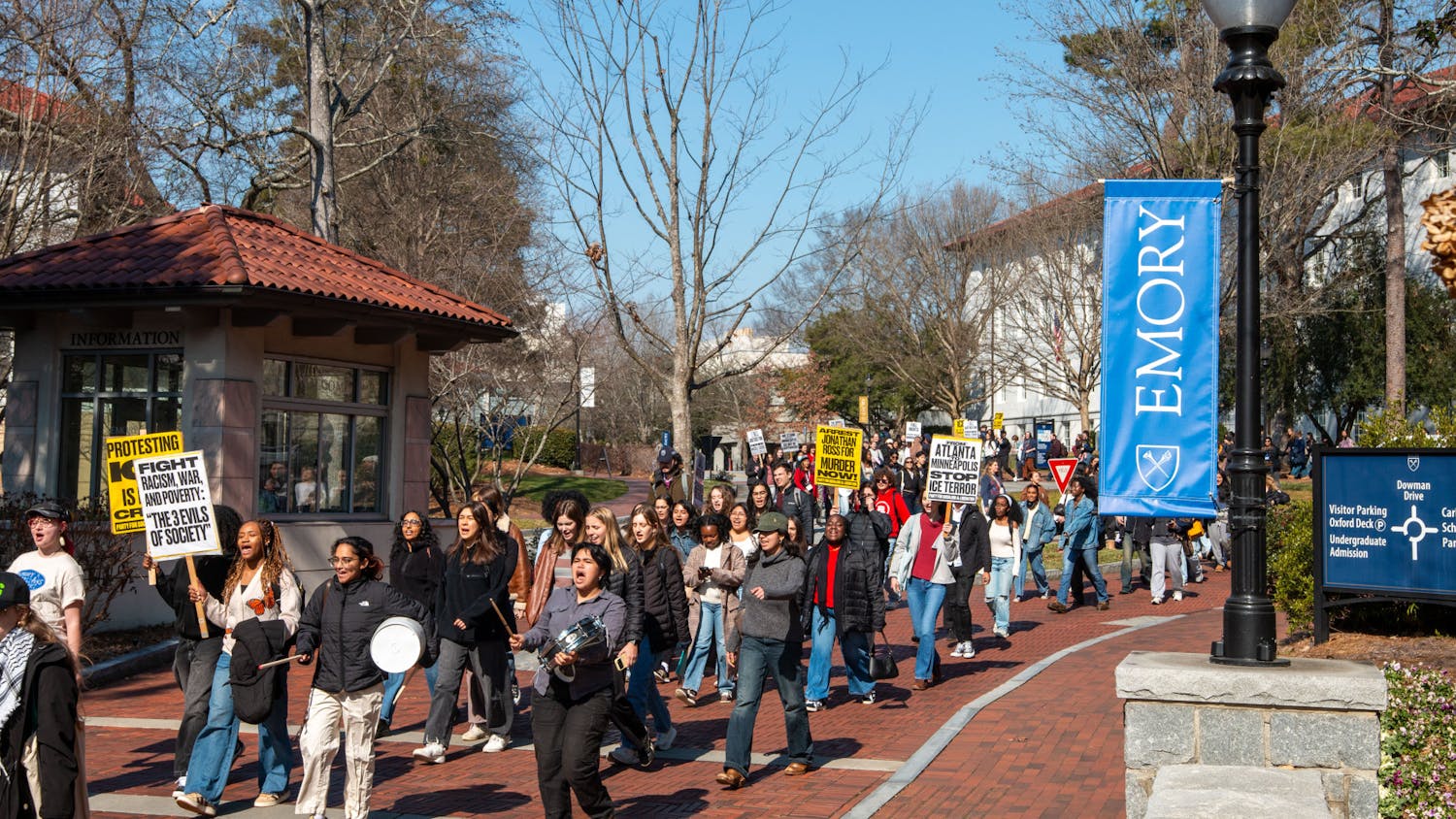The annual Clery report, released in a Sept. 30 University-wide email, revealed an increase in reported burglaries and drug law violation referrals at Emory’s main campus in 2017.
The document counts reports of crimes reported to Emory Police Department (EPD) or other University employees in 2017, even if the crimes were reported anonymously or determined to be unfounded. Universities that receive federal financial aid are required to release annual reports in accordance with the Clery Act, passed by Congress in 1990.
The number of reported on-campus burglaries increased to 38 from 29 in 2016 and 20 in 2015. EPD said the change is “consistent with the kinds of fluctuations that have occurred in the past” in an email to the Wheel.
Drug law violation disciplinary referrals on Emory’s Atlanta campus jumped from 18 to 36 in 2016 but did not reach the 55 referrals given in 2015.
Oxford College had six referrals for on-campus incidents compared to 11 in 2016 and 13 in 2015. EPD records a referral when a “campus security authority” which the report broadly defines as an official responsible for students in various university institutions finds a student or employee in possession of illicit drugs.
Drug law arrests and citations increased from 14 to 17. The Emory Office of Student Conduct attributed the changes to normal fluctuations over time, according to a statement to the Wheel. There were no drug law arrests at Oxford in 2017, down from three in both 2016 and 2015.
Reports of rape increased to nine in 2017 from six in 2016 and four in 2015. Cases of domestic violence increased to 10 from four last year and one in 2015. There were two reports of rape at Oxford, unchanged from 2016 but an increase from zero in 2015. No cases of domestic violence were recorded at Oxford. The Office of Equity and Inclusion said in a statement to the Wheel that the increase in reported rape was most likely because more students came forward and sought help.
“These numbers indicate that Emory is working to make students feel supported, that they can come forward and get help in a safe environment,” the Office of Equity and Inclusion said. “An increase in reporting means that sexual assault survivors are gaining access to the resources they need.”
Liquor law violation referrals on the main campus remained steady at 142 in 2017, a small decrease from 2016’s 148. Both numbers show a sharp decrease from 294 referrals in 2015. Oxford saw a significant decrease in on-campus referrals to 28 from 66 in 2016 and 70 in 2015. EPD records a referral when a when a campus security authority finds a student or employee in possession of an alcoholic beverage. The Oxford Office of Student Conduct attributed the change to “the usual rise and fall of such referrals over time.”
“Emory continues to place the highest priority on the safety and security of our faculty, students, staff and visitors,” Assistant Vice President for Public Safety Craig T. Watson said in an email to the Wheel.
“We encourage community members to report crime, and to download and use the LiveSafe mobile app, which provides a quick, convenient and discreet way for faculty, students and staff to communicate directly with Emory Police.”
In all, the report did not indicate any changes inconsistent with statistics collected in previous years.
Read More
Trending







